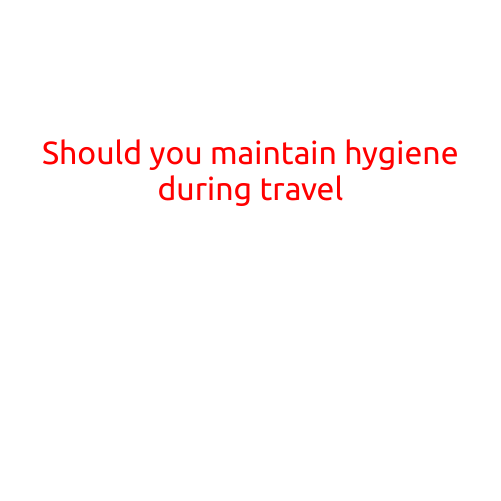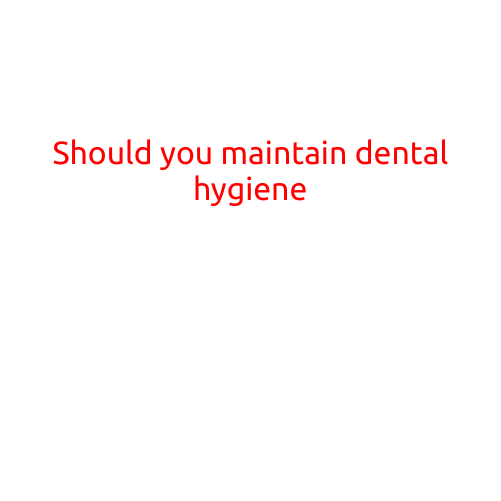
Should You Maintain Hygiene During Travel?
Traveling can be an exciting and energizing experience, but it can also be a breeding ground for germs and illness. With all the new people, places, and things you encounter on the go, it’s easy to forget about maintaining good hygiene. However, neglecting to do so can lead to a range of unpleasant and sometimes serious health issues.
In this article, we’ll explore the importance of maintaining hygiene during travel and provide tips on how to do so effectively.
Why is hygiene so important during travel?
When you travel, you’re inevitably exposed to a wide range of germs and bacteria that can cause illness. This can occur through:
- Contaminated food and water
- Unhygienic facilities and transportation
- Direct contact with infected individuals
- Inadequate handwashing and personal hygiene practices
Illnesses such as food poisoning, stomach flu, and respiratory infections can be particularly problematic during travel, as they can disrupt your plans and even require medical attention.
Simple ways to maintain hygiene during travel
Maintaining good hygiene is crucial to preventing illness during travel. Here are some simple steps you can take:
- Wash your hands frequently: Carry hand sanitizer and wash your hands with soap and water for at least 20 seconds, especially:
- After using the bathroom
- Before eating
- After blowing your nose, coughing, or sneezing
- After touching animals or their food and water
- Pack your own toiletries: Bring personal hygiene items such as toothbrush, toothpaste, shampoo, conditioner, and any medications you may need.
- Use a travel-sized umbrella or raincoat: If you’re traveling in rainy or dusty conditions, a travel-sized umbrella or raincoat can help keep you and your belongings dry and clean.
- Choose safe food and water: Eat at reputable restaurants and food stalls, and avoid consuming undercooked meat, raw vegetables, or untreated water.
- Stay hydrated: Drink plenty of water to stay hydrated and help flush out your system. Avoid drinking tap water unless it’s safe to do so.
- Use a face mask: If you’re traveling in areas with high levels of air pollution or during flu season, consider wearing a face mask to protect yourself from germs.
- Practice good personal hygiene: Shower or bathe regularly, wear clean clothes, and maintain good oral hygiene to avoid spreading germs.
Additional tips for specific situations
- Air travel: Avoid touching your face, eyes, and mouth during flights, and wash your hands immediately after using the bathroom.
- Cruise travel: Practice good hygiene in crowded areas, such as the buffet and pool, and take extra precautions when using public facilities.
- Camping or outdoor travel: Bring hand sanitizer and wash your hands frequently, especially after using camp facilities or handling food.
Conclusion
Maintaining good hygiene during travel is crucial to preventing illness and ensuring a healthy and enjoyable trip. By following these simple steps, you can reduce your risk of exposure to germs and bacteria, and minimize the risk of illness.
Remember, hygiene is not just a matter of personal cleanliness, but also a responsible travel practice. By prioritizing your health and safety, you can enjoy your travels with confidence and peace of mind.





